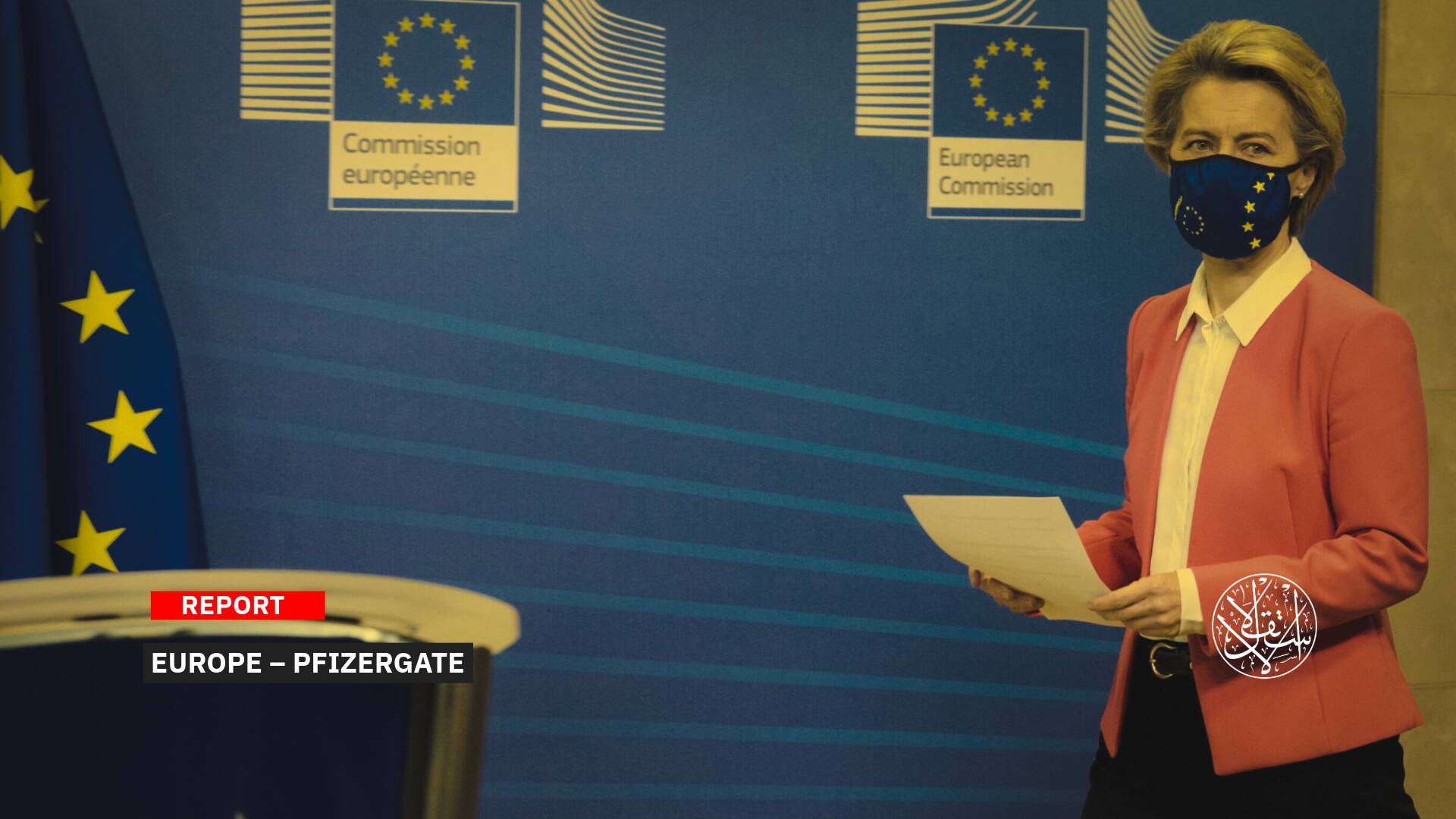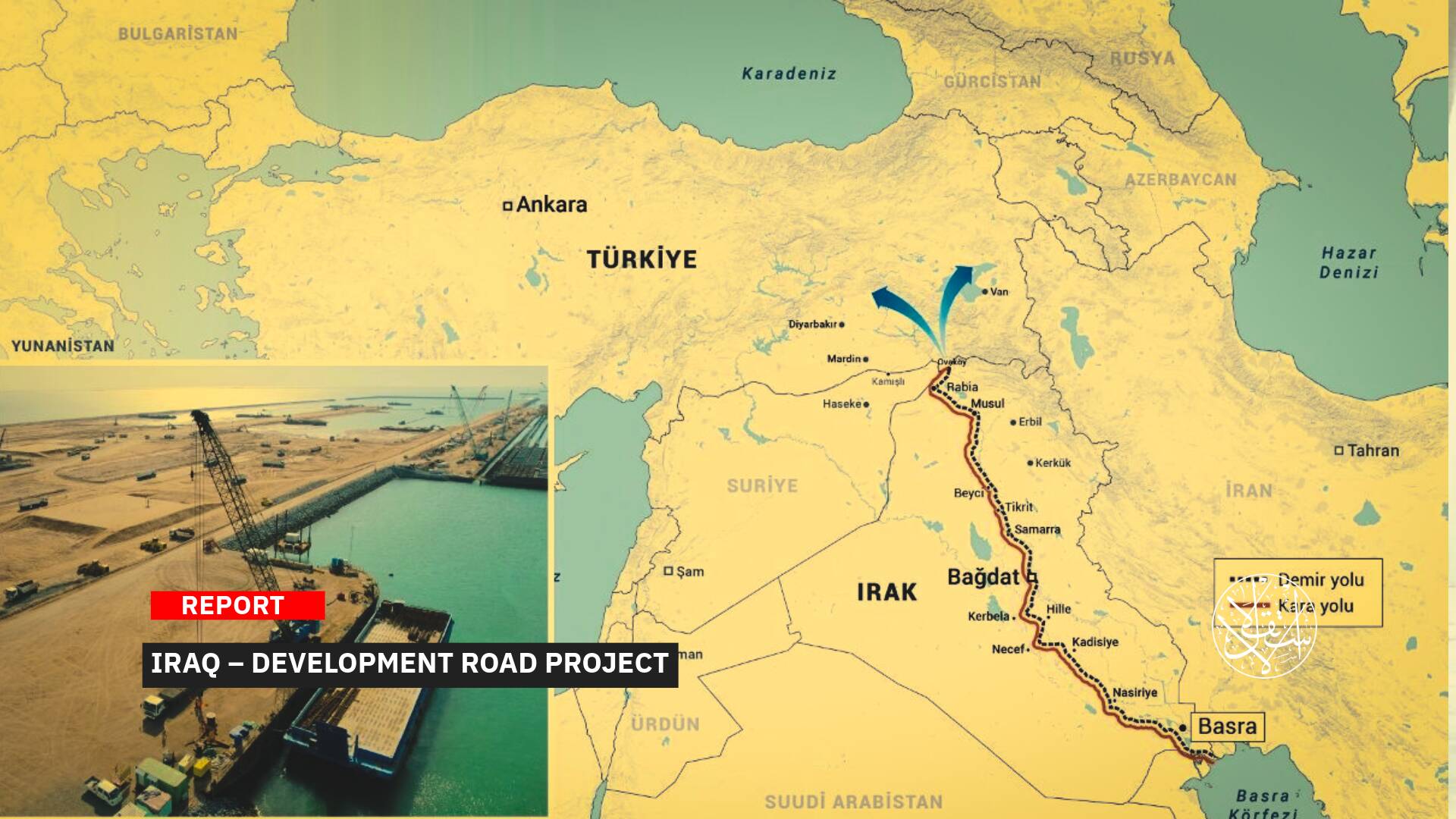Kidnapping School Children in Nigeria; a Phenomenon not a Mere Incident

"We had lost our joy and happiness. This is like a dream after I had started losing hope," said Ali Gimi, whose five children were released late August, after 3 months of being kidnapped together with about 90 other children, as reported by Reuters.
Ali added, "As I am speaking to you, the whole of our family has gathered at my house to celebrate their safe return. Today is the happiest and most joyful day for me and my family."
Unfortunately, Ali’s reunion with his children did not put an end to the Nigerian parents’ nightmare. A few days later, on Wednesday 1 September Reuters reported a new attack against a secondary school in the village of Kaya in Nigeria.
UNICEF (United Nations Children’s Fund) issued a statement announcing that “100 students aged between 14 and 19 and a teacher had been abducted, of whom 23 had managed to escape and had returned home. Two of those had sustained bullet wounds.”
Two days later, Zamfara State Police said "the ongoing search and rescue mission is yielding positive results as five abducted female students were rescued today."

Insecurity Phenomenon
The CNN website reported that “Schools in Nigerian states were shut a day after the mass kidnapping of the 100 students by gunmen.” The website quoted Zamfara State Police Command saying that "the abduction followed the invasion of the school by a large number of armed bandits." On another side, the Nigerian Information Commissioner, Ibrahim Dosara, said on Thursday that “the schools in the state have been closed down to avoid further attacks.”
On his part, and in an interview with Al-Estiklal, Zouhair Attouf, the expert in political science and international relations said that “The incident of student’s kidnapping in Nigeria is not an “isolated” event; kidnapping students has become a repetitive pattern in Nigeria. Only since December 2020, many similar crimes have happened targeting more than 1100 victims. Nine of them were killed and over 200 are missing.”
Global Citizen Website emphasized “with the infamous kidnapping of 276 girls from a school in Chibok, Borno state, in 2014 by a terrorist organization, school attacks and kidnapping have increasingly become worse. During the last six months, incidences have risen sharply and more than 600 schools have been closed in Nigeria over security concerns.”

Money-Spinning Industry
Reuters stressed that “Mass kidnappings of schoolchildren have become a money-spinning industry for armed gangs demanding ransom payments.” Researcher Zouhair Attouf, on this point, highlighted to Al-Estiklal two reasons behind the increase in kidnapping attacks in Nigeria.
First, he said, “the way the government deals with the kidnappers will perpetuate the Abduction-Release cycle and will further deepen the crisis.” He added, “When the bandits are rewarded with money and cars to release their victims, they will be more willing to commit abduction crimes to gain more money. This approach may backfire with disastrous consequences.”
Second; he mentioned that “schools are ‘soft targets,’ easy to break into and to kidnap armless students and teachers. The school’s security, in general, is weak and the guards, if they exist, are few and poorly trained.”
Global citizen website appended another reason laying behind the mass kidnapping incidents in Nigeria; “Mass abductions of school children attract a lot of attention. They usually generate more public outrage and “tend to attract more national and international attention.”
The website added “The media attention also guarantees government involvement in negotiations which could mean thousands of dollars in ransom payments. And experts say most of these mass kidnappings have been motivated by ransom money and other rewards often offered to “repentant” gang members by government officials.”
From her part, the security expert Kemi Okenyodo believes that kidnapping school children has become a lucrative activity for criminal gangs. "The decision on payment of ransom should be reviewed. What are the best steps to take in preventing the abductions so we avoid the payment of ransom?" she asked.

Impact on Children’s Education
The Nigerian Minister of State for Education Chukwuemeka Nwajiuba claimed that “Nigeria has the highest number of out-of-school children in Africa”.
According to the Global Citizen website, “There are various reasons why Nigeria has so many children who are not getting any formal education, but in the last year there have been two leading causes: the COVID-19 pandemic and one of Nigeria’s longest-running problems — insecurity.”
From its part, the UNICEF Statement stressed that “School kidnappings pose a serious threat to education in northern Nigeria. The region already has the worst statistics for educational performance in the country and persistent attacks on schools have forced six states to close most or all schools until security is restored.”
It added, “It could also affect school enrollment rates which are already low, to begin with, due to cultural animosity against “western education” in the North. Furthermore, these kidnappings could encourage teachers and other school staff to quit and seek employment elsewhere, thus limiting more children from accessing quality education.”

Initiatives to Stop Kidnapping
The BBC website reported that “A ‘Safe School Initiative’ was launched after the Chibok girls were abducted to bolster security in schools in north-eastern Nigeria by building fences around them.”
It explained that “at least $20m ($14m) was pledged for the three-year project, which was supported by the United Nations Special Envoy for Global Education, Gordon Brown, the former UK prime minister.”
It added, “Nigeria's military has built posts close to some schools, but the number of schools in the north means many are left unprotected.”
It concluded, “Some schools have employed local vigilantes armed with local weapons but this has often proved ineffective against the heavily armed bandits.”

International Community Role
The UNICEF statement pointed out the crucial importance of the intervention of the international community. It stated, “The international community also has an important role to play. We need our donors to increase their contributions so that we can expand our work to reduce children’s vulnerabilities and increase their resilience to keep them safe from harm.”
“These efforts include creating safe temporary learning environments for children in areas where schools have been closed because of insecurity, providing psychosocial support to children affected by violence, and supporting education on mine risk awareness.”
The statement emphasized that “Every effort must be made to reverse the spiraling protection crisis for children as the region is on the brink of catastrophe.”
Sources
- Five girls rescued after Nigeria's latest mass kidnapping, police say
- Concerns deepen over attacks against children and child abductions in parts of West and Central Africa
- Joy as parents reunited with kidnapped Nigerian students
- Nigerian parents living through student abduction nightmare
- Nigeria's school abductions: Why children are being targeted
- 5 Issues Nigeria Must Address to Ensure Every Child Can Access a Quality Education












